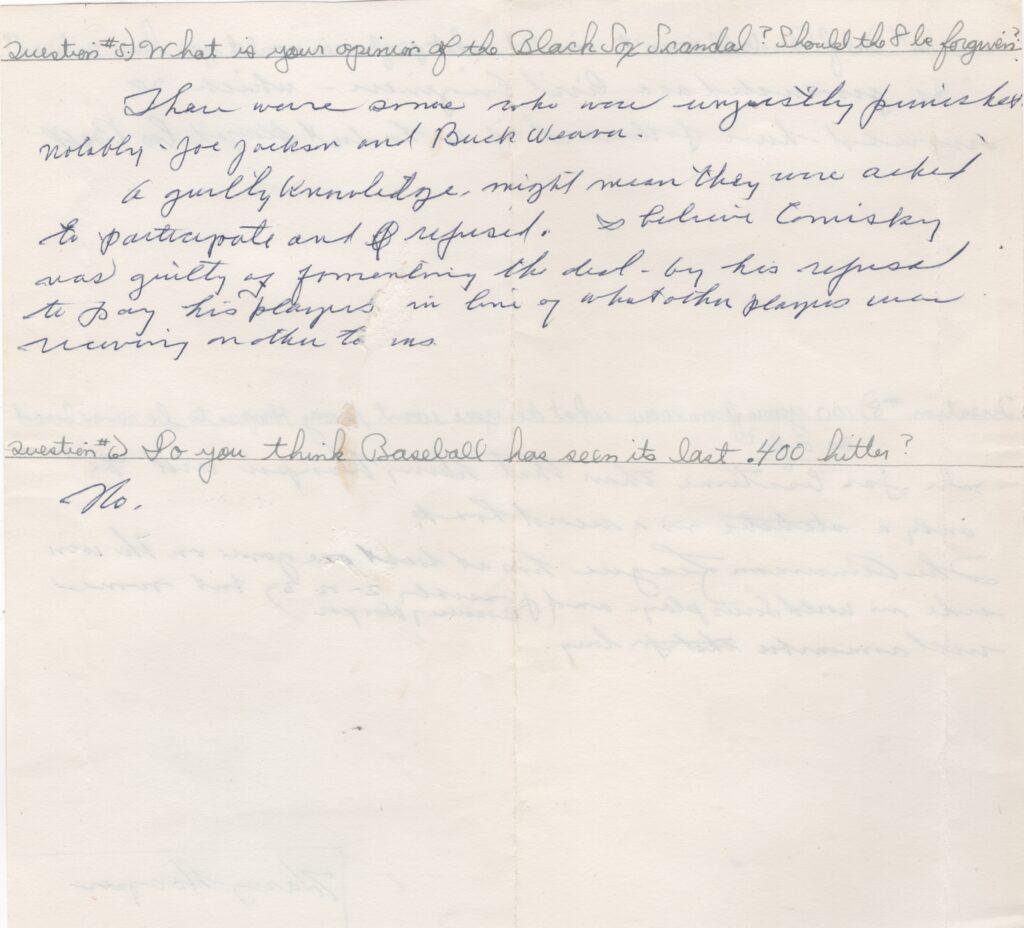
Hall of Fame outfielder Harry Hooper witnessed some memorable baseball moments during his 17-year big league career. A four-time World Series champ with the Boston Red Sox, Hooper was part of Boston’s “Golden Outfield” along with Duffy Lewis and fellow Cooperstown man Tris Speaker.
In the collection is a four-page letter from Hooper answering questions about how he wants to be remembered, what it means to be a Hall of Famer, and the makeup of his all-time team.
Shown above is one page from Hooper’s musings. Here he gives his thoughts about the 1919 Black Sox scandal and the role that Chicago owner Charles Comiskey had in in. Responses to the other queries can be read by clicking here.
About the Chicago gambling fiasco Hooper writes, “There were some who were unjustly punished, notably – Joe Jackson and Buck Weaver.” Hooper then assigns some of responsibility to the White Sox owner. “I believe Comiskey was guilty of fomenting the deal by his refusal to pay his players in line of what other players were receiving on other teams.”
An interesting take from Hooper whose Red Sox club finished 20 1/2 games in back of Comiskey’s White Sox in 1919. Powerful content indeed from a man who was active in the big leagues at the time of one of baseball’s worst incidents.
For more on Hooper from the letter shown above, click here.
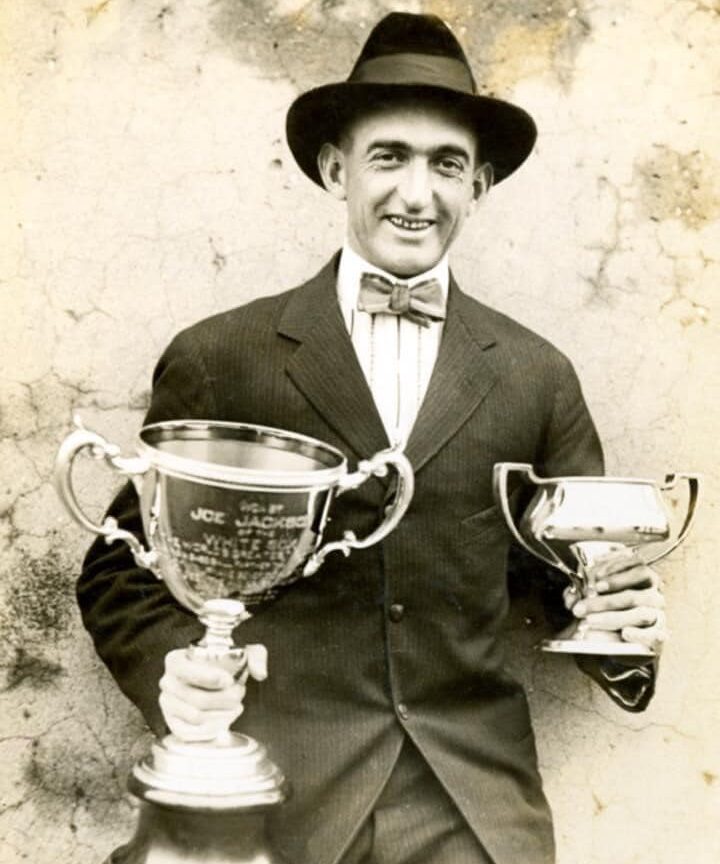
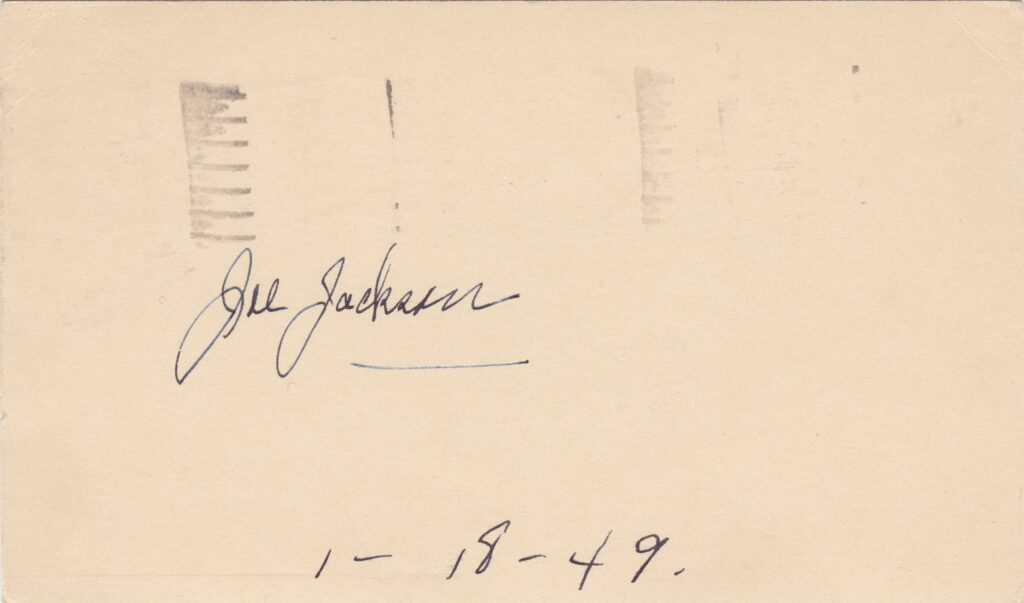
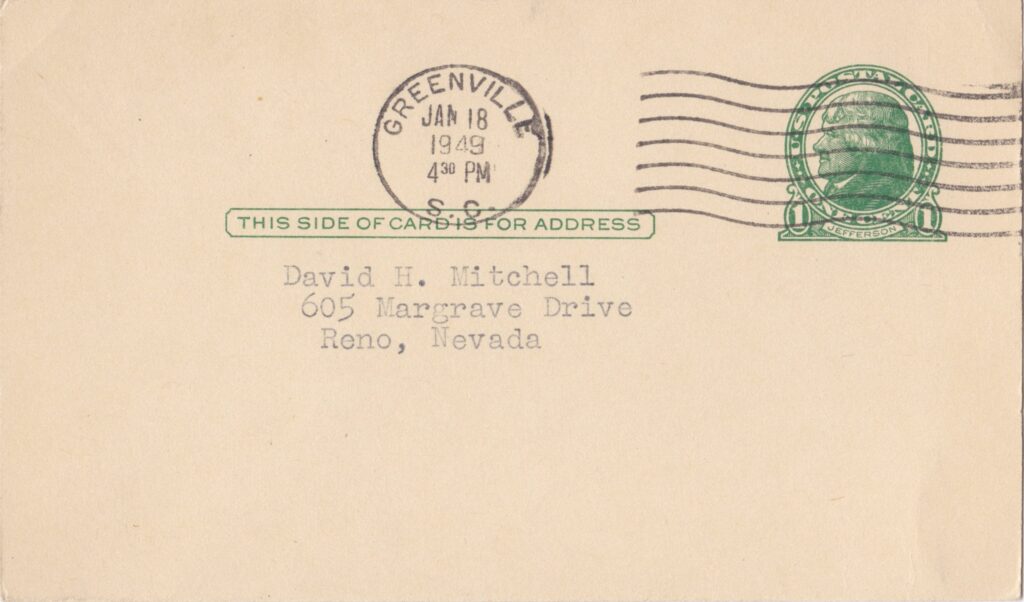

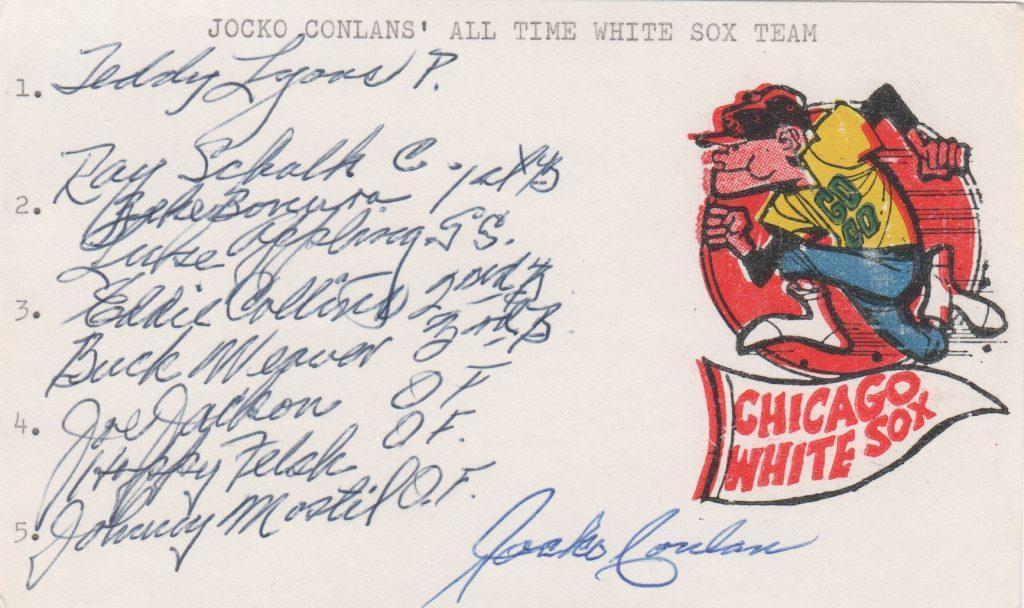
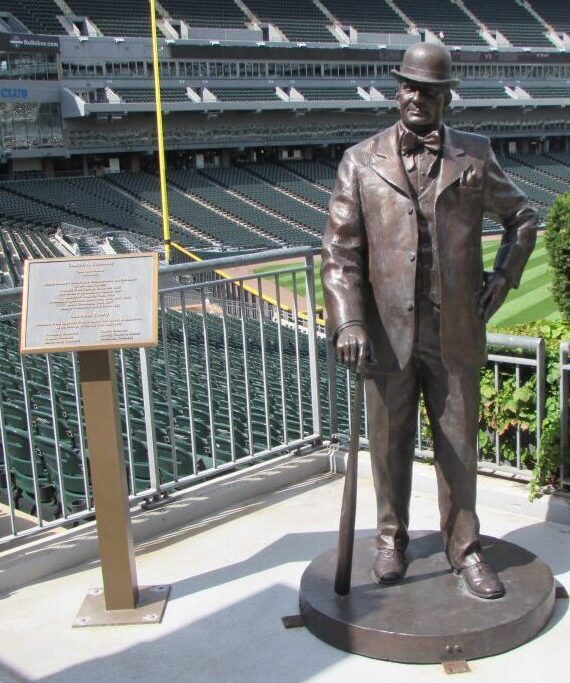
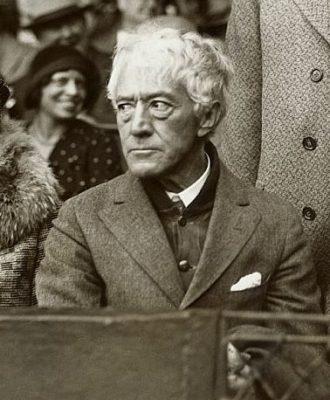
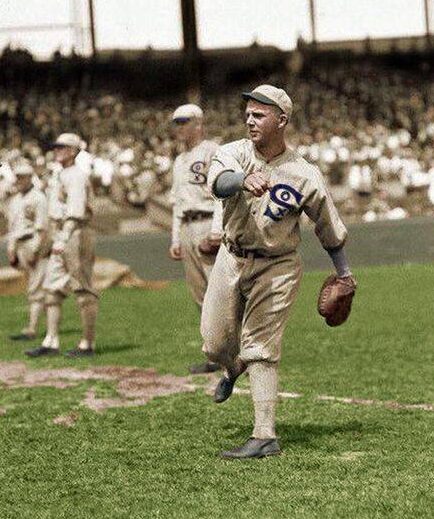
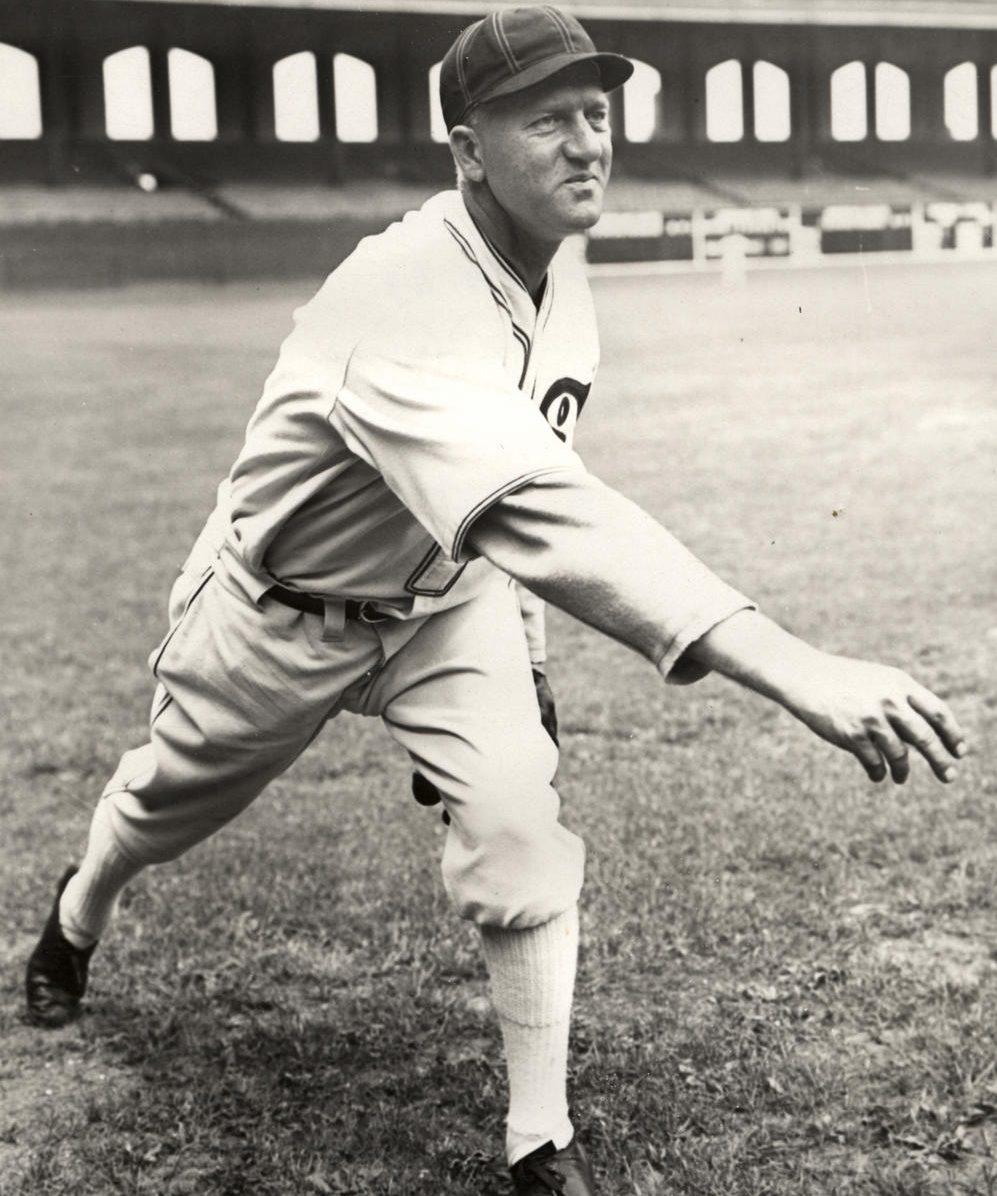
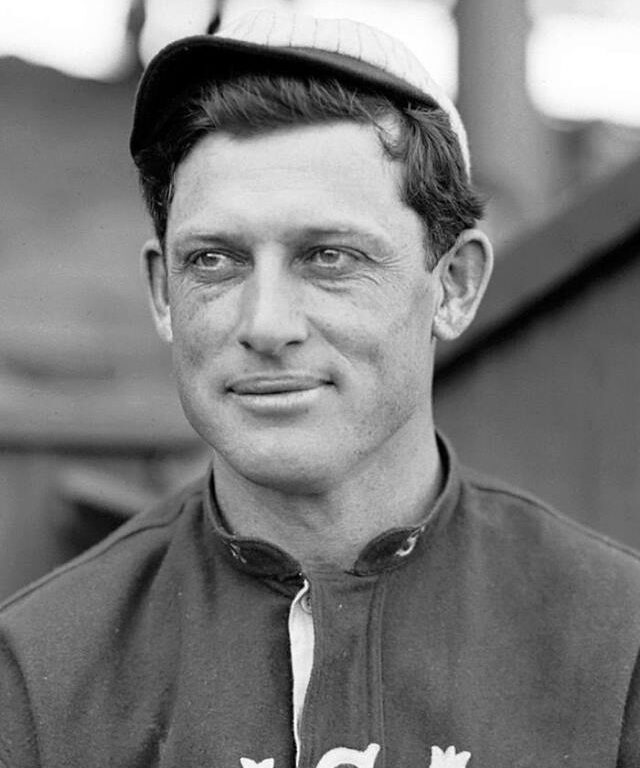
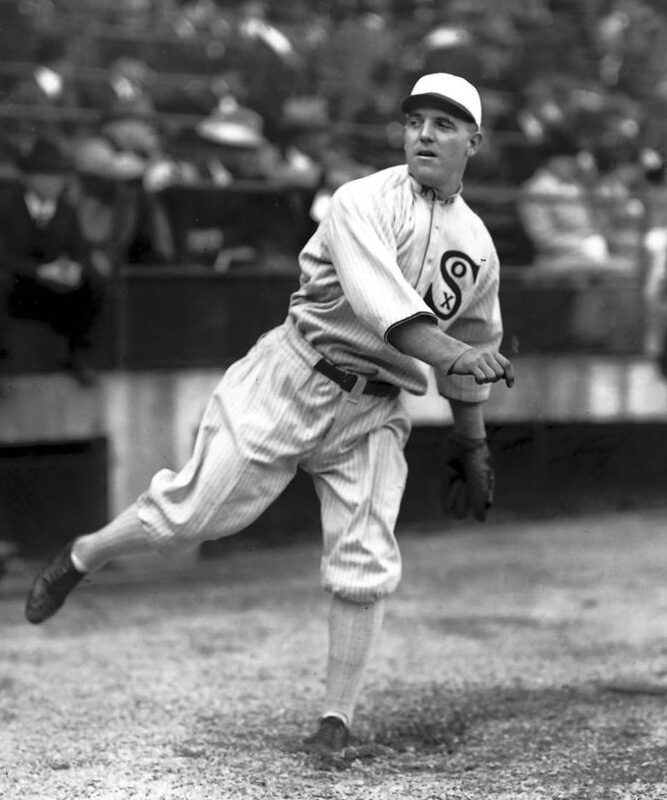
I don’t care what anyone says, the only people Joe cheated were the gamblers. You simply cannot hit almost .400 and commit no errors in a series and ‘throw’ a series. Take back the Asstro series because they did cheat!
Do what is right! Put Joe Jackson in the Hall of fame
You sir, are correct. He had gone to the owner to speak with him of the fix and he was the one who told Joe to keep the money. After the ban, he played in Industrial Mill leagues from all the rumors. It is said that Ty Cobb actually attended a game just to watch him too. He should be in the hall. No ifs, ands. or buts!
He changed his story many times over the years. An innocent man doesn’t need to do that.
This man is one of the greatest pure hitting gems, plus outfielders to ever play! Put him in
While it’s true that Joe Jackson’s .375 batting average and HR in the 1919 World Series make it look like his suspension was unjust, a closer look justifies the lifetime ban. Jackson batted eight times with runners in scoring position and didn’t drive in a single run. In his testimony to the grand jury, he admitted to botching several defensive plays which while not officially scored an error, were intended to help the Reds score runs. And the only HR of the Series came in the final game which had long been decided. As an illiterate, it surely seems that this incredible offensive talent was taken advantage of. But, as longtime sports columnist Jerome Holtzman noted, “Jackson may not have been able to read, but he could count.” As with Pete Rose, Barry Bonds, Roger Clemens and so many other wonderful players, Jackson’s actions in taking part in the fix, even not blowing the whistle, should keep him out of Cooperstown. It’s a shame these wonderful players make such lousy decisions. Jackson did wind up his career in style – though of course he didn’t know it was ending. With his final swing, Jackson doubled in the game-winning run to make a winner out of Dickie Kerr, ironically the one White Sox pitcher who was trying to win in the 1919 Series. I write about that game in “Last Time Out” my new book of MLB finales available on Amazon.
Joe Jackson took the money, that was illegal.